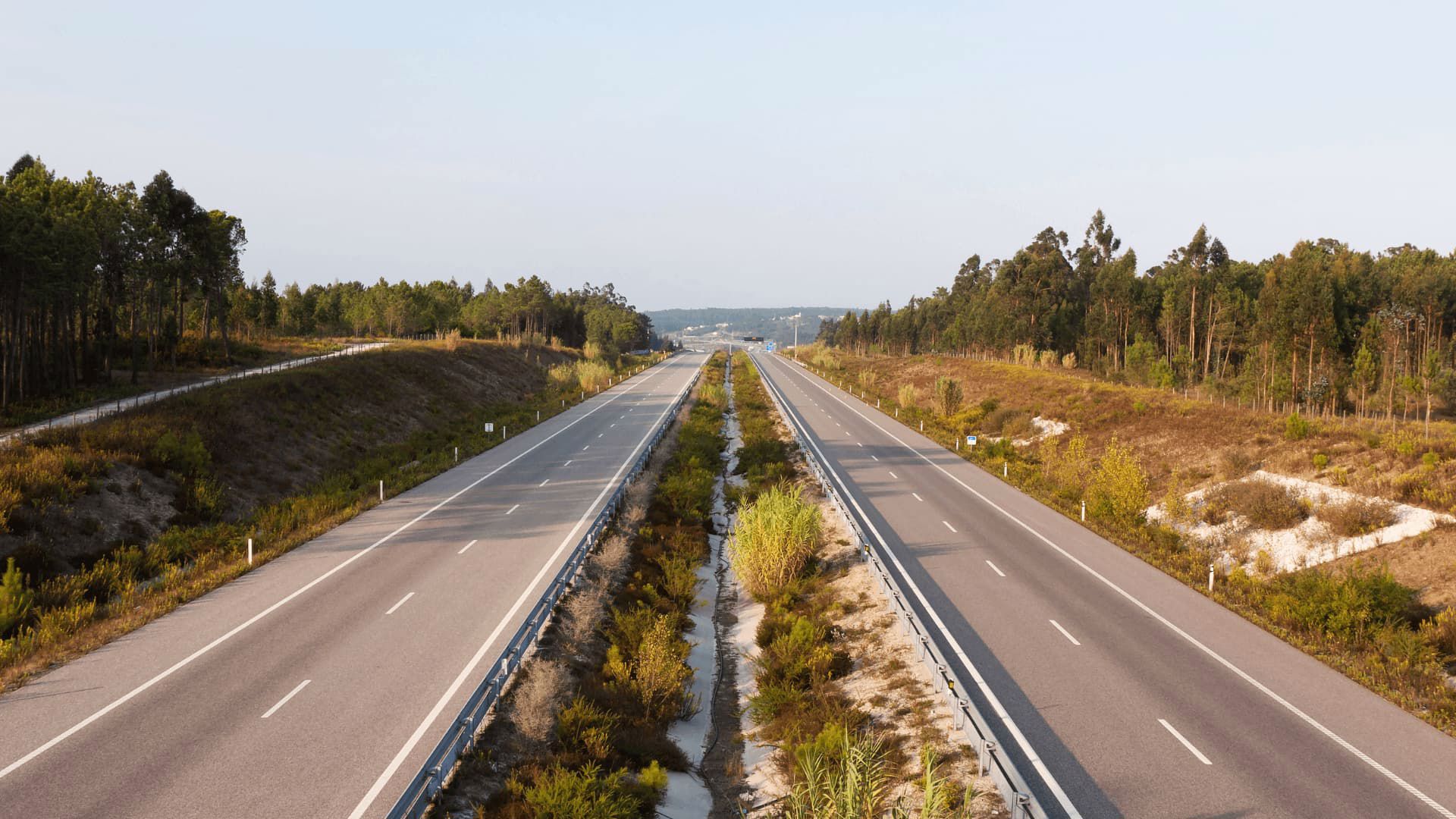The state of a country’s road infrastructure is deeply connected to its economic vitality, public safety, and the general quality of life for its residents. Well-maintained roads not only reduce travel times but also optimize logistics and enhance tourism, all of which are critical drivers for a flourishing economy. Many developed nations have long been committed to investing in roads that meet top-quality standards, but several developing nations still face significant challenges in improving their infrastructure. Through global evaluations of road quality, it has become evident that countries with exceptional road systems provide substantial advantages across sectors like tourism, trade, and overall economic prosperity.
The Economic Benefits of Quality Road InfrastructurE
Countries that invest in road networks experience numerous economic advantages. A well-maintained road system reduces transportation costs, facilitates trade, and makes travel more convenient. These improvements lead to better connectivity across regions, fueling economic growth and promoting tourism. Efficient infrastructure also serves as an indicator of strong governance, signaling a nation’s commitment to enhancing the quality of life for its people. Nations with superior road systems typically see positive outcomes both domestically and internationally, as their infrastructure bolsters a thriving economy and boosts the tourism sector.
Leading Countries in Road Quality and Infrastructure
- Singapore
Ranked first globally, Singapore sets the bar with an impressive 6.45 score on the Road Quality Index. The city-state is recognized for its state-of-the-art road infrastructure, which integrates advanced technologies like Electronic Road Pricing and the Vehicle Quota System. These measures aim to reduce traffic congestion by controlling the number of vehicles on the roads. As a result, Singapore offers smooth and efficient transportation for both residents and tourists. Its progressive road management approach has become a global model for urban mobility, setting high standards for other nations to emulate.
- Switzerland
Switzerland holds the second spot with a score of 6.36. Known for its clean, durable, and safe roads, Switzerland has built an exemplary infrastructure system. A key innovation is the ASTRA bridge, an elevated movable bridge that allows traffic to continue flowing while maintenance work is carried out beneath it. This ingenious design minimizes road disruptions, ensuring that access to the country’s extensive road network remains uninterrupted and efficient throughout the year.
- Netherlands
The Netherlands ranks third with a score of 6.18. The country has built a transportation system that emphasizes cycling and public transport over private car use, promoting a more sustainable approach to travel. By categorizing roads based on traffic load and type, the Netherlands has improved safety and efficiency across its network. The country’s focus on creating an environmentally friendly road system has made it a model for sustainable infrastructure globally, with its approach being widely adopted by other nations.
- Hong Kong
Hong Kong secures fourth place with a score of 6.06. The city is known for maintaining an extensive and well-managed road network, ensuring that roads are in top condition through regular inspections and repairs. In addition to road maintenance, Hong Kong has increasingly focused on reducing the dependency on personal vehicles by encouraging sustainable transportation options like public transit and cycling. This shift not only benefits the environment but also enhances accessibility, making travel smoother for both residents and international visitors.
- Portugal
Portugal scores 6.05 and ranks fifth globally, having made substantial strides in upgrading its road infrastructure over the last decade. The country has transformed its road network into one of Europe’s most modern and efficient. With continuous investments in infrastructure and a strong commitment to quality control and maintenance, Portugal has become a preferred destination for travelers, offering smooth and reliable roads throughout the country.
- Japan
Despite its limited land area, Japan ranks sixth with a score of 6.02. The country has successfully maintained an expansive road network through advanced maintenance systems and rapid repair techniques. The Ministry of Land, Infrastructure, Transport, and Tourism, along with privatized expressway companies, ensures that Japan’s roads remain in excellent condition year-round. This consistent upkeep provides residents and tourists alike with a seamless travel experience, making Japan a standout in road infrastructure.
- France
France comes in seventh with a score of 5.96. As the holder of Europe’s largest road network, France has made substantial investments in intelligent traffic management and preventive maintenance systems. These initiatives help alleviate congestion, encourage public transport use, and ensure long-term road system efficiency. France’s focus on sustainability and smart infrastructure ensures that its roads remain accessible and reliable, benefiting both locals and international visitors.
- Oman
In eighth place, Oman scores 5.96, becoming the first Gulf country to feature in the top ten. The country has built its road infrastructure based on modern engineering principles, adhering to international standards and long-term planning. Oman’s commitment to maintaining its roads has ensured that they remain some of the best in the region, providing smooth travel experiences for both locals and international visitors. This growing investment in infrastructure is positioning Oman as a key player in the Gulf’s road development.
- United Arab Emirates (UAE)
Ranked ninth with a score of 5.92, the UAE has developed a futuristic road network supported by artificial intelligence and smart traffic management systems. Through innovation and public-private partnerships, the UAE has created one of the most advanced and efficient road systems in the Middle East. This state-of-the-art infrastructure not only facilitates smooth local travel but also supports international business and tourism, contributing to a welcoming environment for global visitors.
- Austria
Finally, Austria completes the top ten with a score of 5.89. Managed by ASFINAG, the country’s road network utilizes data-driven methods to ensure optimal conditions for roads, tunnels, and bridges. Austria’s continuous investment in infrastructure maintenance guarantees that travelers can rely on smooth and efficient access to major destinations year-round, minimizing disruptions and maximizing convenience.




